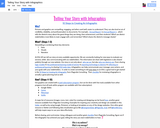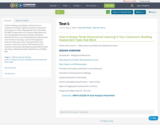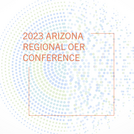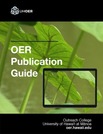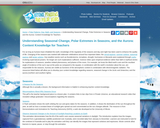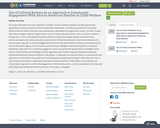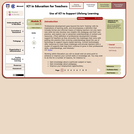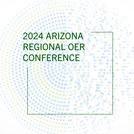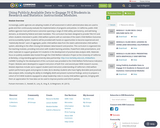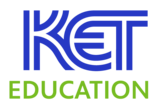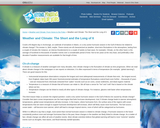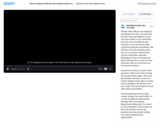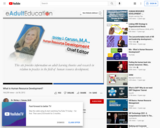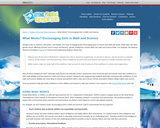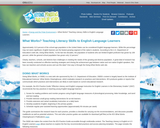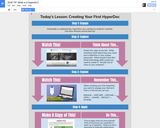In this book, we offer an introduction to OER publishing, examples of Open Pedagogy, OER-Enabled Pedagogy, and working with learners; and guidelines, best practices, and suggestions for how to plan, create, publish, and distribute your OER textbook and materials.
This book is divided into four chapters:
Teaching with OER, Open Pedagogy, and Working with Learners offers information about teaching with Open Educational Resources (OER), the ideas, practices, and principles behind Open Pedagogy, and working with students using OER and Open Pedagogy. We also provide resources to help orient students to OER, Open Pedagogy, and best practices for digital and online learning.
Planning an OER Project provides guidelines on planning, workflow, and development of Open Educational Resource (OER) Textbooks; guidelines and suggestions on outlining, compiling, and writing your OER textbook and materials; a chapter prototype, and a quick guide to Pressbooks.
Pre-Publication takes you through the steps necessary before you publish your OER textbook or materials. Sections include editing and formatting; assessment, evaluation, and rubrics; accessibility and usability, including localization, culturally appropriate materials, and student-centered pedagogy; and platform decisions.
Post-Publication gives an overview of steps to take after you publish your OER textbook or materials. Topics include formatting output files, post-release considerations, user evaluation, including instructor and student evaluation, as well as peer-review; and updates, sustaining your OER textbook or materials, and considerations around new versions and new editions.
